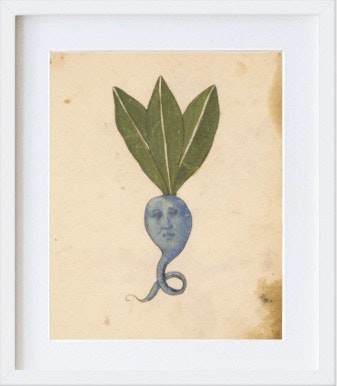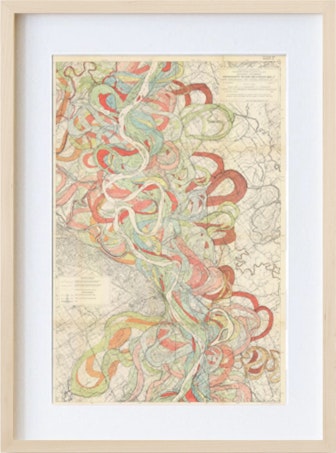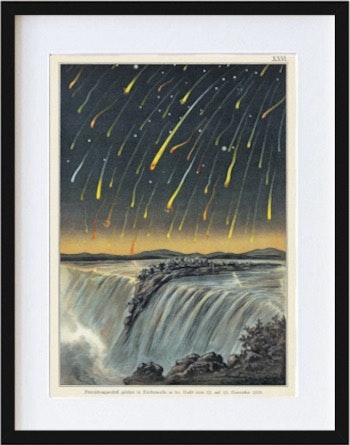
EssaysPhilosophy & Ideas

“As a nature to grow, as an intellect to discern, as a soul to live freely and unimpeded” — this is the kind of life envisioned by Margaret Fuller in Woman in the Nineteenth Century (1845). With an ear attuned to the transcendentalist’s inimitable voice, Randall Fuller revisits the intellectual context, interviews with female prison inmates, and personal longing that informed this landmark feminist work. more

Same as It Ever Was?: Eternal Recurrence in Ancient Greek and Roman Philosophy
While Friedrich Nietzsche popularised the notion of an “eternal return” — in which one’s life would occur again, forever, exactly as it did before — the concept was itself a repetition. Claire Hall explores various shades of this idea in ancient philosophy, from Pythagorean metempsychosis to Stoic predictions about a cosmological reset. more
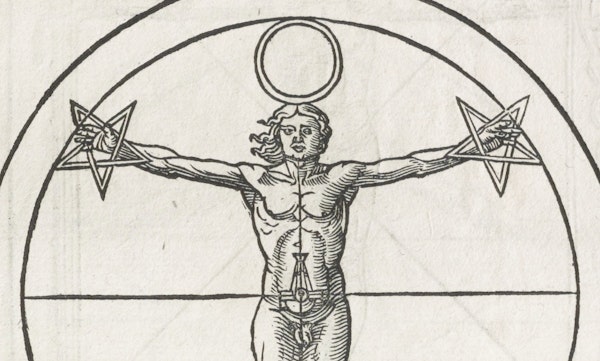
Marked by Stars: Agrippa’s Occult Philosophy
Reading Heinrich Cornelius Agrippa’s encyclopedic study of magic is like stumbling into a vast cabinet of curiosities, where toad bones boil water, witches transmit misery through optical darts, and numbers, arranged correctly, can harness the planets’ powers. Anthony Grafton explores the Renaissance polymath’s occult insights into the structure of the universe, discovering a path that leads both upward and downward: up toward complete knowledge of God, and down into every order of being on earth. more
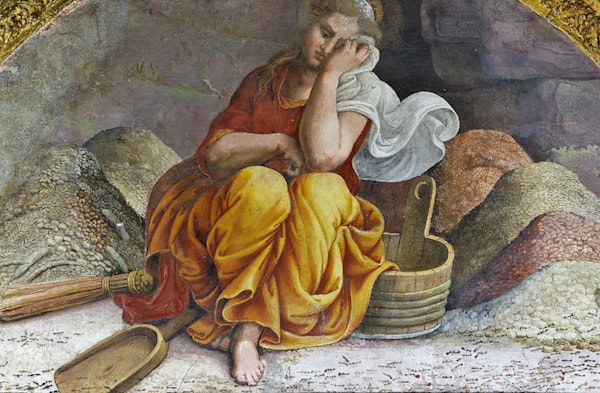
Free Speech and Bad Meats: The Domestic Labour of Reading in Milton’s Areopagitica
Does a healthy intellectual culture resemble a battlefield or a kitchen? Revisiting Milton’s Areopagitica, a tract often championed by today’s free speech absolutists, Katie Kadue finds a debt to the work of early modern housewives. In their labours to preserve food and transform it into wholesome cuisine, Milton saw an analogue for how the reading public might digest books — good and bad alike — into nourishing ideas. more
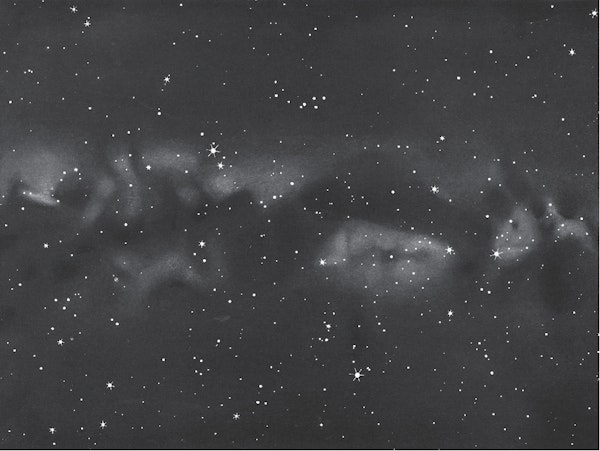
Marxist Astronomy: The Milky Way According to Anton Pannekoek
Can a person’s experiences on earth alter how they perceive the stars? Lauren Collee peers through the telescope of Anton Pannekoek, the Dutch astronomer whose politics informed his human approach to studying the cosmos. more
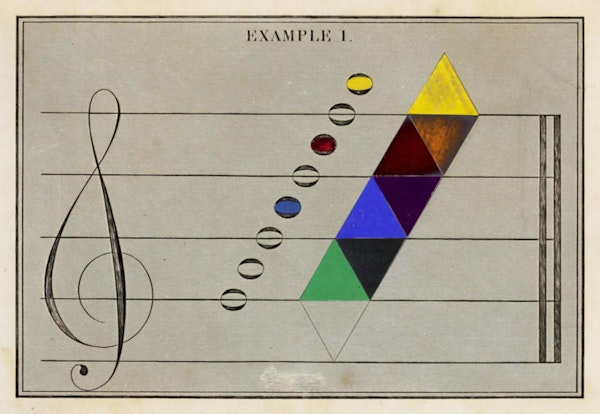
Music of the Squares: David Ramsay Hay and the Reinvention of Pythagorean Aesthetics
Understanding the same laws to apply to both visual and aural beauty, David Ramsay Hay thought it possible not only to analyse such visual wonders as the Parthenon in terms of music theory, but also to identify their corresponding musical harmonies and melodies. Carmel Raz on the Scottish artist’s original, idiosyncratic, and occasionally bewildering aesthetics. more
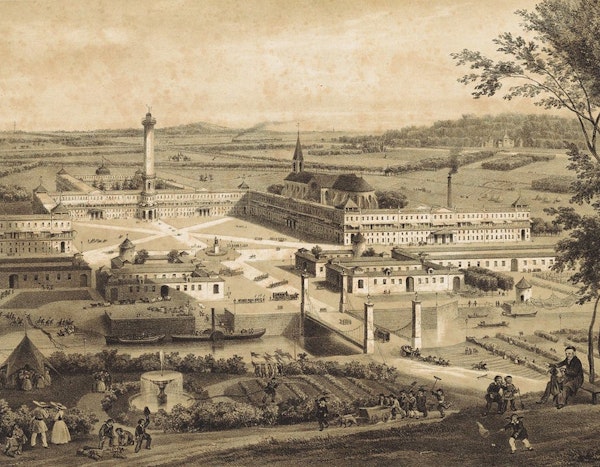
Get Thee to a Phalanstery: or, How Fourier Can Still Teach Us to Make Lemonade
Hot on the heels of the French Revolution — by way of extravagant orgies, obscure taxonomies, and lemonade seas — Charles Fourier offered up his blueprint for a socialist utopia, and in the process also one of the most influential early critiques of capitalism. Dominic Pettman explores Fourier’s radical, bizarre, and often astonishingly modern ideas, and how they might guide us in our own troubled times. more
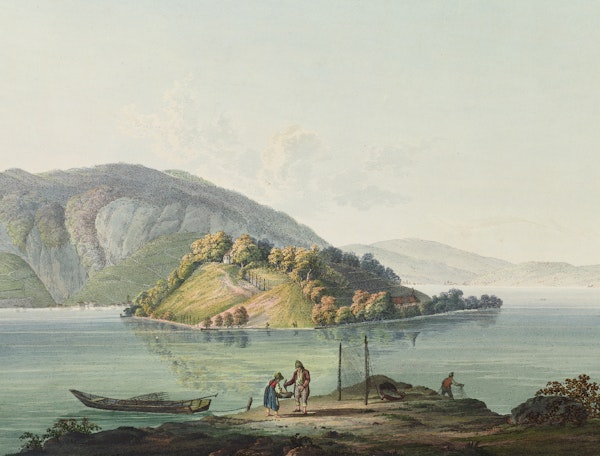
Rambling Reflections: On Summers in Switzerland and Sheffield
In the footsteps of Jean-Jacques Rousseau and Karl Philipp Moritz — from the peace of Lake Biel to the rugged Peaks — Seán Williams considers the connection between walking and writing. more
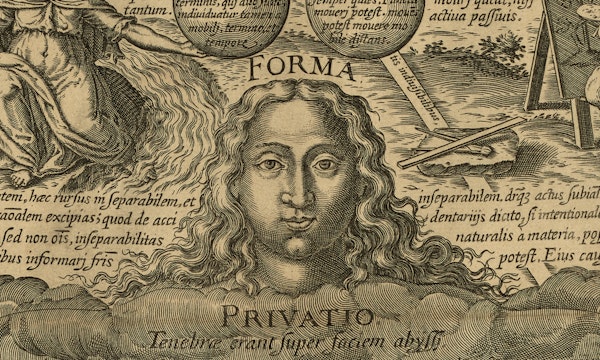
The Art of Philosophy: Visualising Aristotle in Early 17th-Century Paris
With their elaborate interplay of image and text, the several large-scale prints designed by the French friar Martin Meurisse to communicate Aristotelian thought are wonderfully impressive creations. Susanna Berger explores the function of these complex works, and how such visual commentaries not only served to express philosophical ideas in a novel way but also engendered their own unique mode of thinking. more
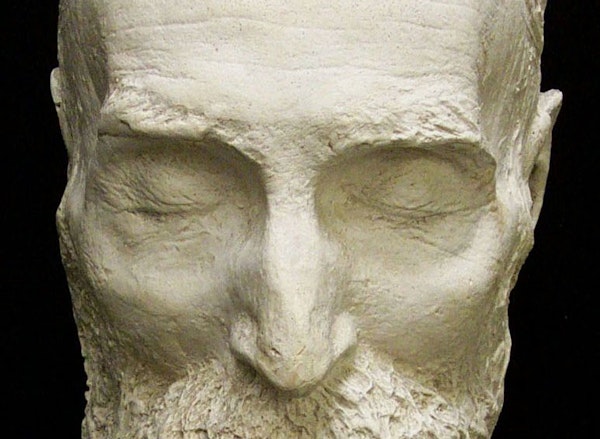
A Barthesian bristle and the curious power of Walt Whitman’s posthumous eyelids — D. Graham Burnett on meditations conjured by a visit to the death masks of the Laurence Hutton Collection. more

“Let us Calculate!”: Leibniz, Llull, and the Computational Imagination
Three hundred years after the death of Gottfried Wilhelm Leibniz and seven hundred years after the death of Ramon Llull, Jonathan Gray looks at how their early visions of computation and the “combinatorial art” speak to our own age of data, algorithms, and artificial intelligence. more

Francis van Helmont and the Alphabet of Nature
Largely forgotten today in the shadow of his more famous father, the 17th-century Flemish alchemist Francis van Helmont influenced and was friends with the likes of Locke, Boyle, and Leibniz. While imprisoned by the Inquisition, in between torture sessions, he wrote his Alphabet of Nature on the idea of a universal “natural” language. Je Wilson explores. more
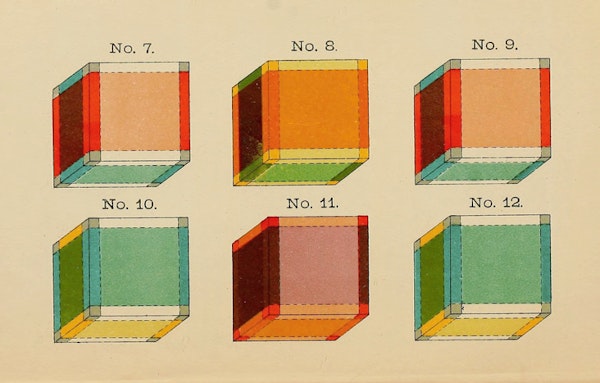
Hyperspace, ghosts, and colourful cubes — Jon Crabb on the work of Charles Howard Hinton and the cultural history of higher dimensions. more
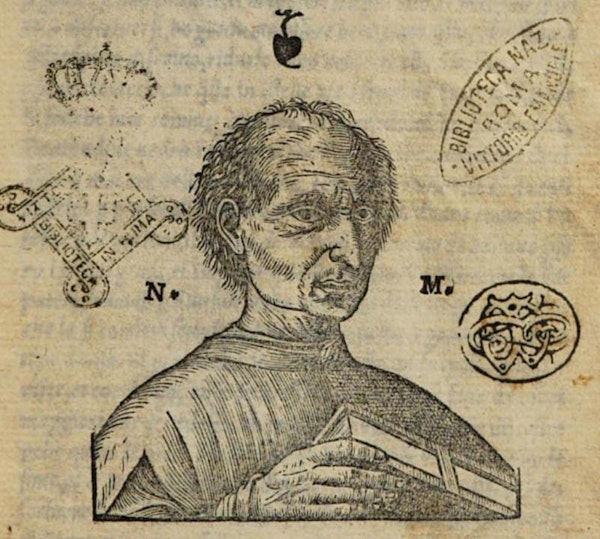
Most familiar today as the godfather of Realpolitik and as the eponym for all things cunning and devious, the Renaissance thinker Niccolò Machiavelli also had a lighter side, writing as he did a number of comedies. Christopher S. Celenza looks at perhaps the best known of these plays, Mandragola, and explores what it can teach us about the man and his world. more
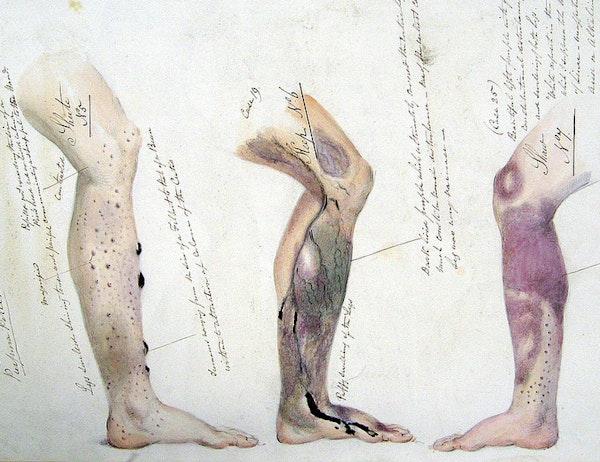
Scurvy and the Terra Incognita
One remarkable symptom of scurvy, that constant bane of the Age of Discovery, was the acute and morbid heightening of the senses. Jonathan Lamb explores how this unusual effect of sailing into uncharted territory echoed a different kind of voyage, one undertaken by the Empiricists through their experiments in enhancing the senses artificially. more
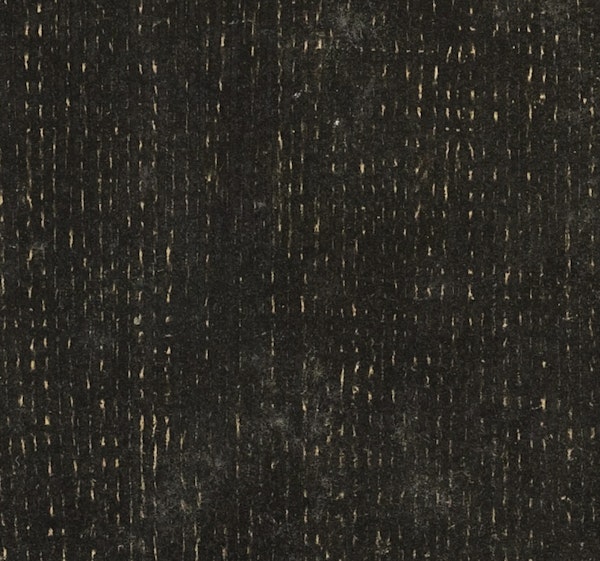
Should we consider black a colour, the absence of colour, or a suspension of vision produced by a deprivation of light? Beginning with Robert Fludd's attempt to picture nothingness, Eugene Thacker reflects* on some of the ways in which blackness has been used and thought about through the history of art and philosophical thought. more
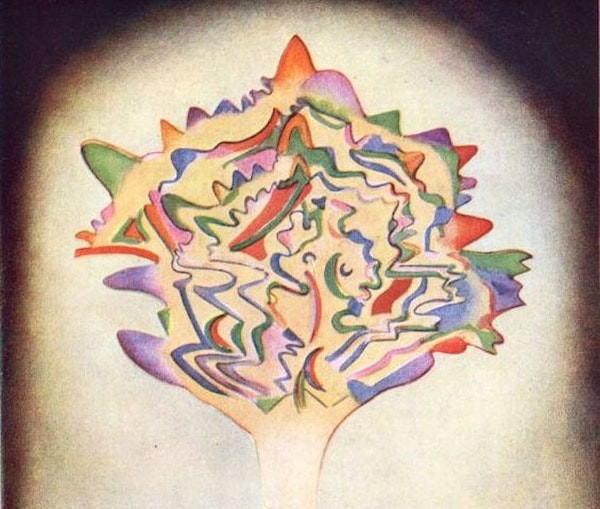
Victorian Occultism and the Art of Synesthesia
Grounded in the theory that ideas, emotions, and even events, can manifest as visible auras, Annie Besant and Charles Leadbeater’s Thought-Forms (1901) is an odd and intriguing work. Benjamin Breen explores these “synesthetic” abstractions and asks to what extent they, and the Victorian mysticism of which they were born, influenced the Modernist movement that flourished in the following decades. more
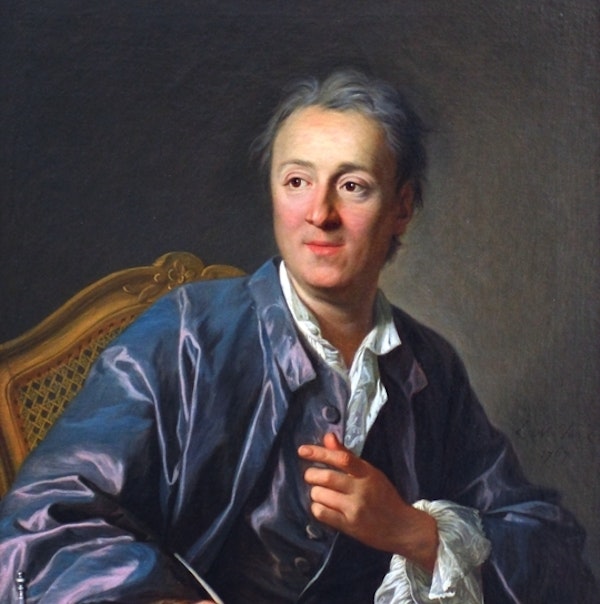
A Dangerous Man in the Pantheon
This October marks 300 years since the birth of French Enlightenment thinker Denis Diderot. Although perhaps best known for co-founding the Encylopédie, Philipp Blom argues for the importance of Diderot's philosophical writings and how they offer a pertinent alternative to the Enlightenment cult of reason spearheaded by his better remembered contemporaries Voltaire and Rousseau. more
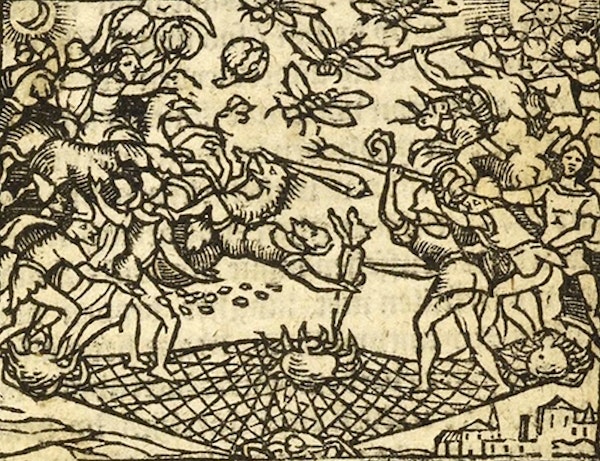
With his Vera Historia, the 2nd century satirist Lucian of Samosata wrote the first detailed account of a trip to the moon in the Western tradition and, some argue, also one of the earliest science fiction narratives. Aaron Parrett explores how Lucian used this lunar vantage point to take a satirical look back at the philosophers of Earth and their ideas of "truth". more
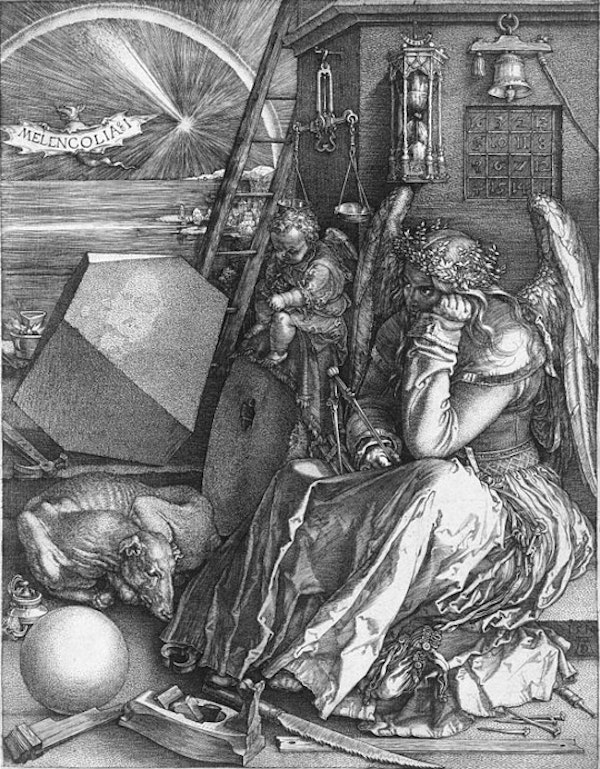
As a Lute out of Tune: Robert Burton’s Melancholy
In 1621 Robert Burton first published his masterpiece The Anatomy of Melancholy, a vast feat of scholarship examining in encyclopaedic detail that most enigmatic of maladies. Noga Arikha explores the book, said to be the favorite of both Samuel Johnson and Keats, and places it within the context of the humoural theory so popular at the time. more
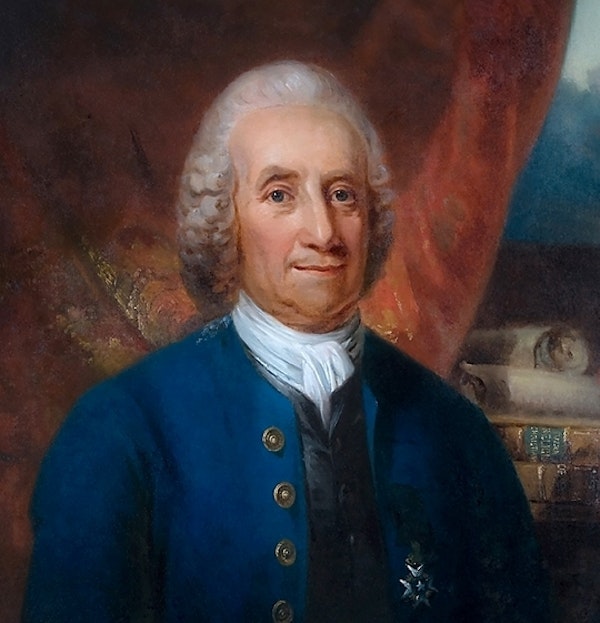
The Erotic Dreams of Emanuel Swedenborg
During the time of his "spiritual awakening" in 1744 the scientist and philosopher Emanuel Swedenborg kept a dream diary. Richard Lines looks at how, among the heavenly visions, there were also erotic dreams, the significance of which has been long overlooked. more
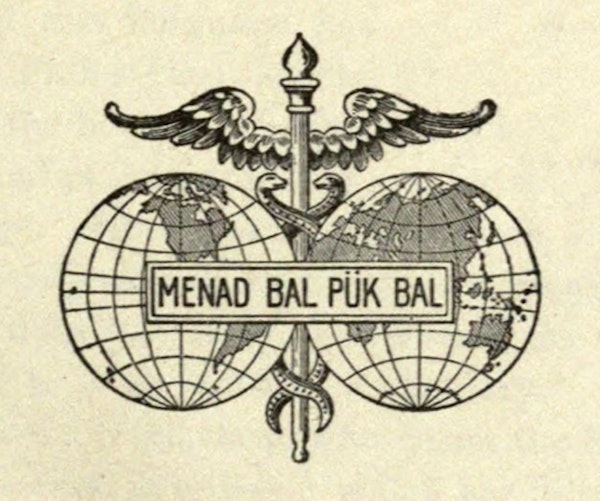
Arika Okrent explores the rise and fall of Volapük - a universal language created in the late 19th century by a German priest called Johann Schleyer. more
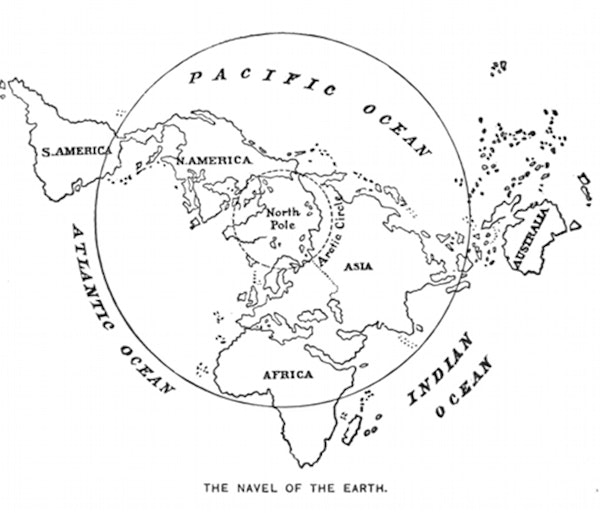
The Last Great Explorer: William F. Warren and the Search for Eden
Of all the attempts throughout history to geographically locate the Garden of Eden one of the most compelling was that set out by minister and president of Boston University, William F. Warren. Brook Wilensky-Lanford looks at the ideas of the man who, in his book Paradise Found, proposed the home of all humanity to be at the North Pole. more
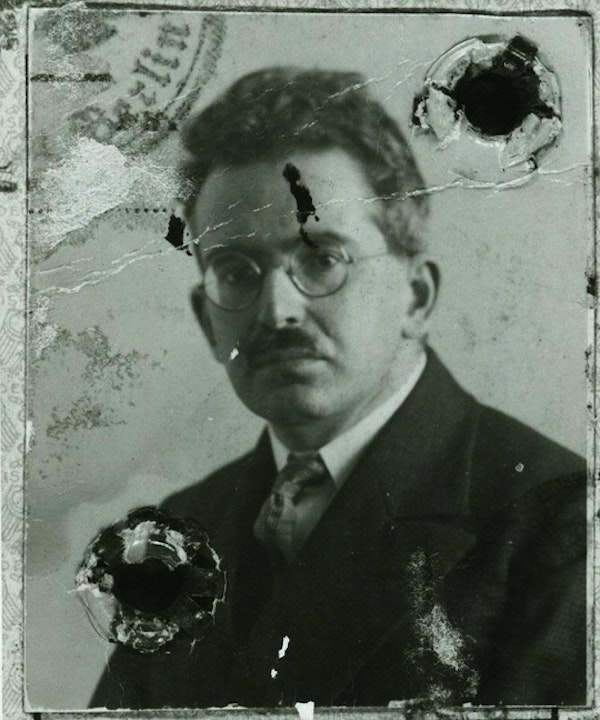
On the run from the Nazis in 1940, the philosopher, literary critic and essayist Walter Benjamin took his own life in the Spanish border town of Portbou. In 2011, over 70 years later, his writings enter the public domain in many countries around the world. Anca Pusca, author of Walter Benjamin: The Aesthetics of Change, reflects on the relevance of Benjamin's oeuvre in a digital age, and the implications of his work becoming freely available online. more

